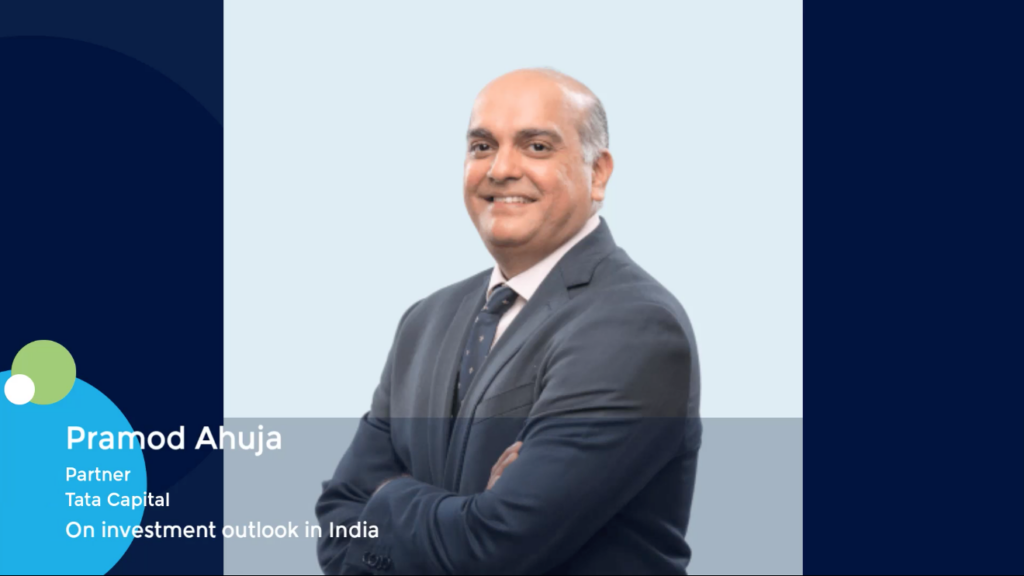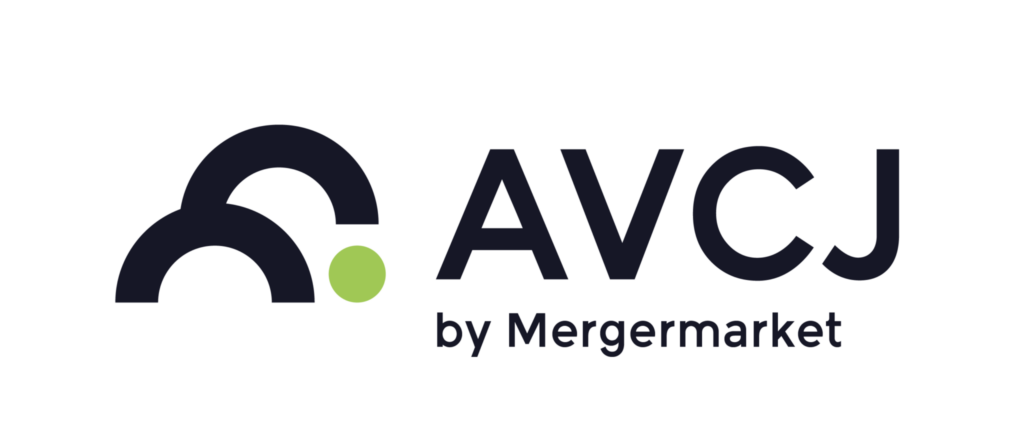Deal focus: EQT sees value in India’s IT services mid-market
Following a string of large-cap buyouts, the private equity firm has written a smaller cheque for control of Indium Software – a nimble player seen as adept at targeting high-growth IT services segments
EQT Private Capital Asia – formerly Baring Private Equity Asia and then BPEA EQT – has completed a dozen investments in India’s IT services space over the past 10 years. M&A is part of the playbook, with those companies making 33 bolt-on acquisitions.
The latest addition to the portfolio, digital transformation specialist Indium Software, was founded more than two decades ago but hasn’t bought anything. That is likely to change.
“We think it could be a good platform for multiple smaller bolt-ons, each one bringing its own capabilities,” said Hari Gopalakrishnan, a partner in EQT. “We can scale it over the next five years using the value creation playbook for the overall IT services practice. This means bringing in talent and looking at new sources of revenue and new locations. M&A could be part of that.”
Indium represents the first India IT services investment from EQT’s Asia mid-market fund, which reached a first close of USD 400m last year against an overall target of USD 750m. It is intended to target opportunities deemed too small for the firm’s large-cap fund – equity cheques are sub-USD 250m; some deals have been less than half that – but the same knowledge and networks play a role in deal sourcing.
The mid-market strategy enables EQT to pursue niche opportunities in the USD 1.4trn global IT services industry. In this respect, Indium is a good fit. The company’s digital transformation offering focuses on data analytics and product engineering, low-code and no-code software, and gaming technology.
“We call our approach ‘mining the vein.’ We identify a significant industry segment and then mine the vein across different verticals and horizontals. Indium covers these three veins,” Gopalakrishnan explained. “Digital transformation is a USD 300bn-USD 400bn market and there are so many sub-threads. We like these three because they are fast growing.”
Indium was founded in 1999 and a family office took a controlling interest about 10 years later. According to Gopalakrishnan, most of the growth has happened in the past five years. This followed a decision by management to shift from testing software to its three current areas of focus. The data analytics business, for example, was incubated by Indium and evolved into a core service.
In the past three years alone, Indium has posted compound annual growth of around 50% and expanded its headcount to approximately 3,000. This put the company on EQT’s radar as part of an evaluation of over 100 potential investments for the mid-market strategy. It stood out in part because 80% of revenue comes from US customers, including Fortune 500 names in technology, financial services, and healthcare.
“It is easier to find businesses that are in only one segment or more focused on the domestic market. We think of all our companies as global. Indium, even at its current scale, has already developed expertise in several areas, achieved a degree of maturity, and built a deep management pool,” Gopalakrishnan said.
Building expertise
On a broad level, the IT services blueprint involves creating customised services that solve specific technology problems – such as apps that help banks interact more efficiently with customers. Once a provider has demonstrated that a solution works for one bank, it visits that company’s industry peers and offers to do the same, albeit tailored to individual needs.
This approach fosters deep domain expertise and high levels of customer stickiness – across EQT’s entire IT services portfolio, 95% of revenue comes from existing customers. In addition, Indium’s success is built on an understanding of those internal requirements and the ability to identify emerging areas. While Accenture operates across 10-plus horizontals and verticals, Indium is more targeted.
For example, the company has a proven track record in low-code development platform Mendix and often gets invited to pitch for projects that feature it. “If you specialise in a certain area, you are more likely to develop expertise, keep your customers happy, and get new customers,” said Gopalakrishnan. “At the same time, IT services is a diversified business. You can’t rely on just one technology.”
Diversification is on the agenda for EQT’s ownership of Indium, but certain megatrends will still shape the development of the business, notably generative artificial intelligence (AI). Data analytics is expected to play a key role in helping customers prepare for generative AI: identifying where different data pools sit within an organisation and mapping out where they fit into the wider AI journey.
“Identifying where data lives, identifying the surrounding architecture, and getting data ready for AI is one of the fastest-growing areas in digital transformation. Any company that wants to play in generative AI must have some form of data engineering service,” Gopalakrishnan observed.
“For large, multi-geography enterprises, getting data to a place where AI can be implemented is difficult. Data reside in different locations, they must be cleansed so they are in a usable format, and regulations around storage and usage must be addressed. This will be a growth area for all IT services companies for the next several years.”












